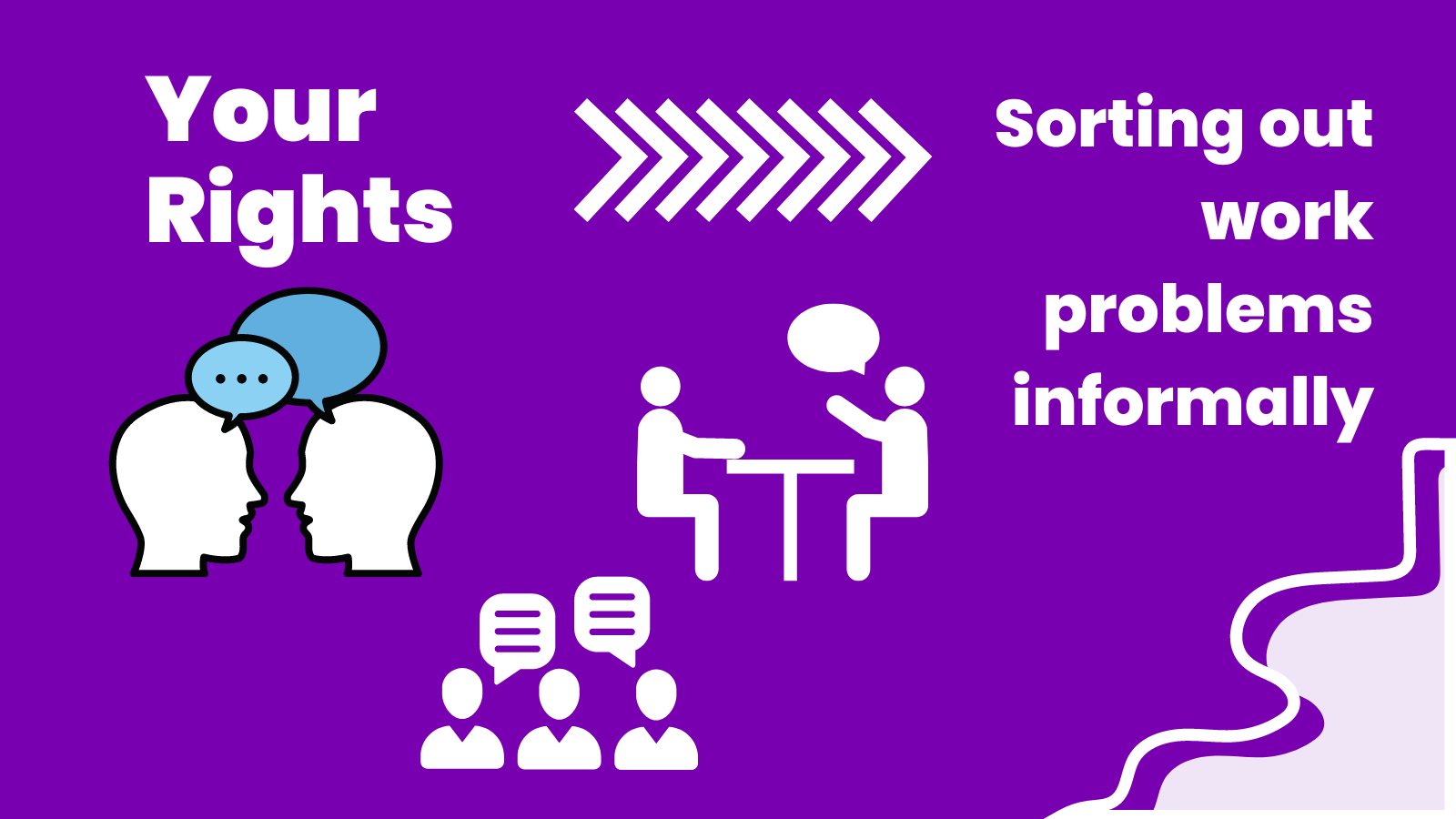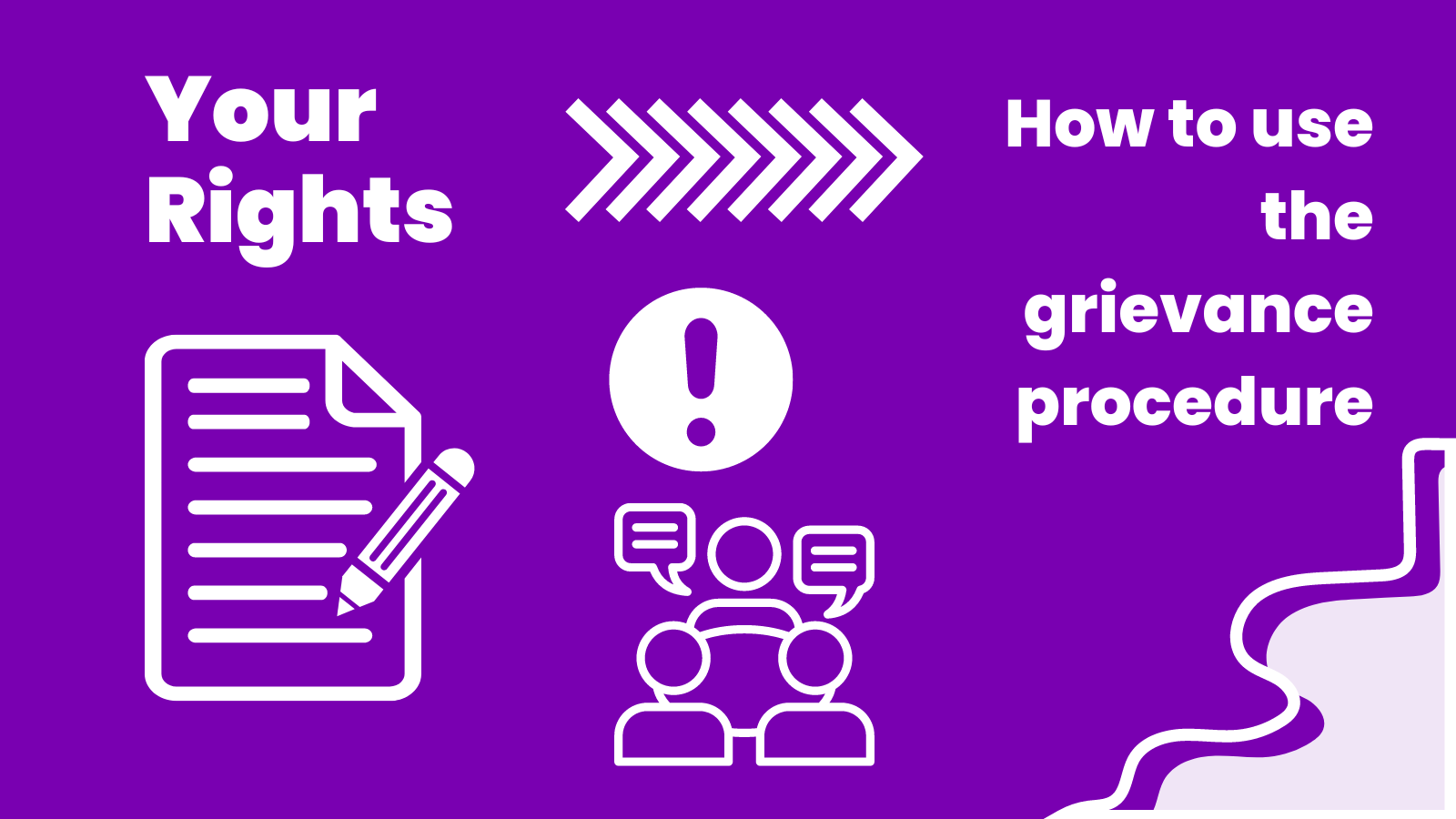We use cookies to make sure that you get the best experience on our website. By closing this message, you consent to having our cookies on this device as set out in our cookie policy, unless you have disabled them.
Help us support more people to understand and solve their problems
If you are able to give £5 or set up a monthly donation, your support goes a long way.
Thank you for helping us make a difference - Advicenow

